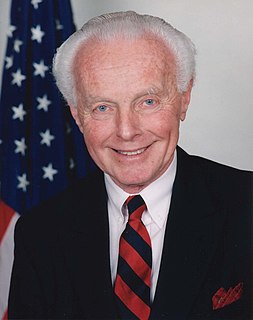A Quote by Jim Mattis
Basically, Islamic State is a combined al Qaeda and Lebanese Hezbollah on steroids, destabilizing the region, dissolving borders/changing the political geography in the Mid-east, and hardening political positions that make Mid-east peace-building more remote by the day.
Related Quotes
What we learn from the past is that you cannot make peace against people by interfering and - and just launching a war and trying to change a regime without any political solution. So my role is first to avoid any war and try to - to frame the discussion in order to create peace and have a comprehensive peace process and preserve unintelligible and especially in this Middle East region. That's what I tried to do in Lebanon, for instance, by negotiating both with M.B.S., with the Lebanese government.
Arthur Jay Klinghoffer, a professor of political science at Rutgers University, has argued that geography seems less relevant than ever in a world where nonstate actors -- malleable entities like ethnicities, for example -- are as powerful and important as the ones with governments and borders. Where on a map can you point to al-Qaeda? Or Google, or Wal-Mart? Everywhere and nowhere.
Intervention in Syria is not an option. President Obama has already helped foment this civil war and supported the al-Qaeda jihadists. This is an explosive region, and more US intervention means more people will die. We should be choosing peace - not a new conflict. More so than anyone else, my supporters know that America cannot afford another unlawful, immoral war in the Middle East. Stand with me and tell President Obama to stay out of Syria.
Twenty-five years after the fall of the Berlin Walland the lifting of the iron curtain, troublespots abound: the Middle East and parts of Africa lack a stable regional security architecture; in east Asia, nationalist tendencies and competing ambitions are threatening peace and stability in the region and beyond.



































